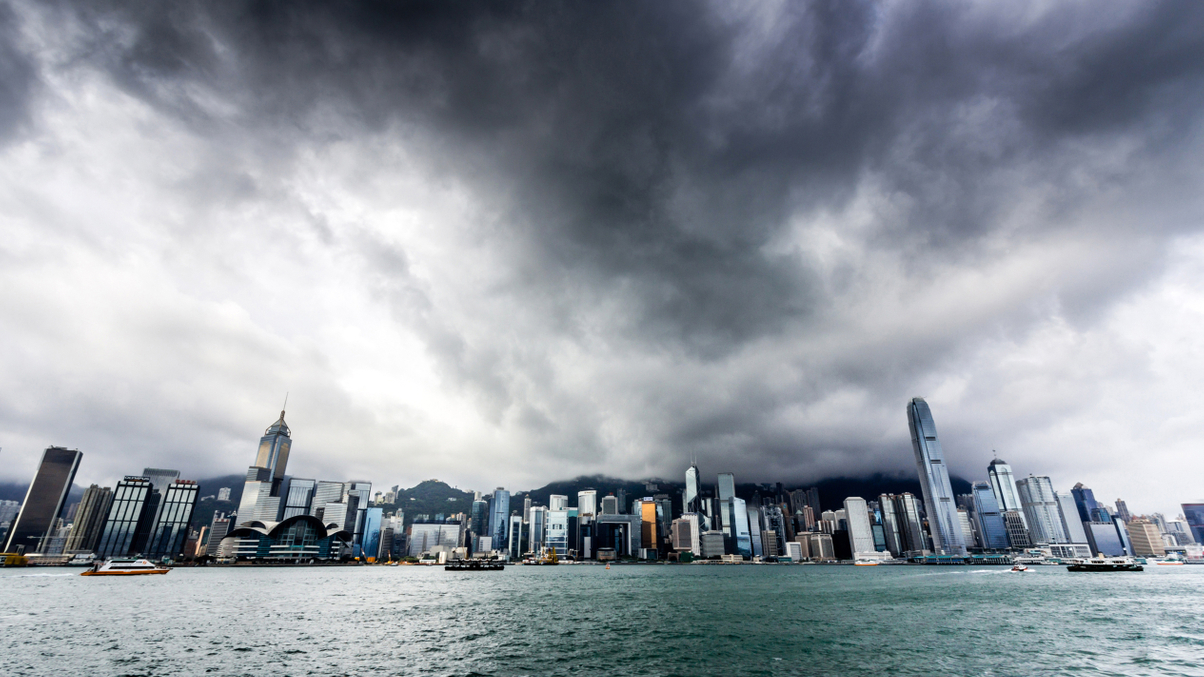How HK's emergency law may further worry investors
The masks ban using colonial-era legislation further damages Hong Kong's democratic credentials. With no end to the turmoil in sight, the city's financial status continues to weaken.

The Hong Kong government's new anti-mask law is not only exacerbating the long-running social unrest in the wake of the extradition bill, it is also making investors increasingly anxious about the city's growing political risks.
Sign in to read on!
Registered users get 2 free articles in 30 days.
Subscribers have full unlimited access to AsianInvestor
Not signed up? New users get 2 free articles per month, plus a 7-day unlimited free trial.
¬ Haymarket Media Limited. All rights reserved.


